Introduction
The co-operation programme for MR-FJLS describes the political priorities and objectives for 2025–2030.
Nordic co-operation within this area covers the following sectors: fisheries and aquaculture, agriculture, food and forestry, as well as reindeer herding. This is often summarised as the Nordic bioeconomy – a term which includes both the economy and societal development based on biological resources. The bioeconomy is of considerable importance to all the Nordic countries and it plays a crucial role when it comes to rural areas and to the creation of prosperity and of healthy and resilient societies with competitive companies.
The sectors which fall under the MR-FJLS have been put under pressure by global events such as climate change, the COVID pandemic, supply-chain disruptions and, most recently, geo-political challenges resulting from the Russian invasion of Ukraine, among other things. The Nordic countries need to co-operate in order to find future solutions for the green transition of agriculture, forestry, fishing, aquaculture and the food sectors, and for the implementation of the Paris Agreement and the Kunming-Montreal Global Biodiversity Framework. They also need jointly to find their way towards a balanced co-existence between our use of resources, the preservation of nature and other interests both on land and at sea. There is a need for regional co-operation that involves both the world of research and industry. Three goals in particular will set the course for Nordic co-operation in the 2025–2030 period: 1) Further the green transition, 2) Boost competitiveness and 3) Bolster our resilience.
The Nordic Council, civil society and other relevant actors have been involved in the drafting of the co-operation programme. The Nordic Council and Nordic Civ (a network of Nordic civil-society organisations) participated in September 2023 by providing input on the political priorities for 2025–2030. This input was utilised in the process of preparing the first draft, and it was shared with all actors within the MR-FJLS. An additional consultation was then held in October 2023 with representatives for the private sector and civil society who were nominated by the Member States as relevant actors in the FJLS policy area.
The co-operation programme is the governing document for all activity under the MR-FJLS. The co-operation programme was approved by the MR-FJLS on 19 June 2024 and applies until 31 December 2030.
The co-operation programme takes its starting point from the Nordic Council of Minister’s mission to contribute towards attaining the vision to make the Nordic Region the world’s most sustainable and integrated region by 2030. All of the councils work to achieve this vision through the three strategic priorities that have been established.

All activities in the Nordic Council of Ministers will contribute to fulfilling our vision that the Nordic Region will be the world's most sustainable and integrated region in 2030. The co-operation programme describes how the sector will work with the three strategic priority areas.